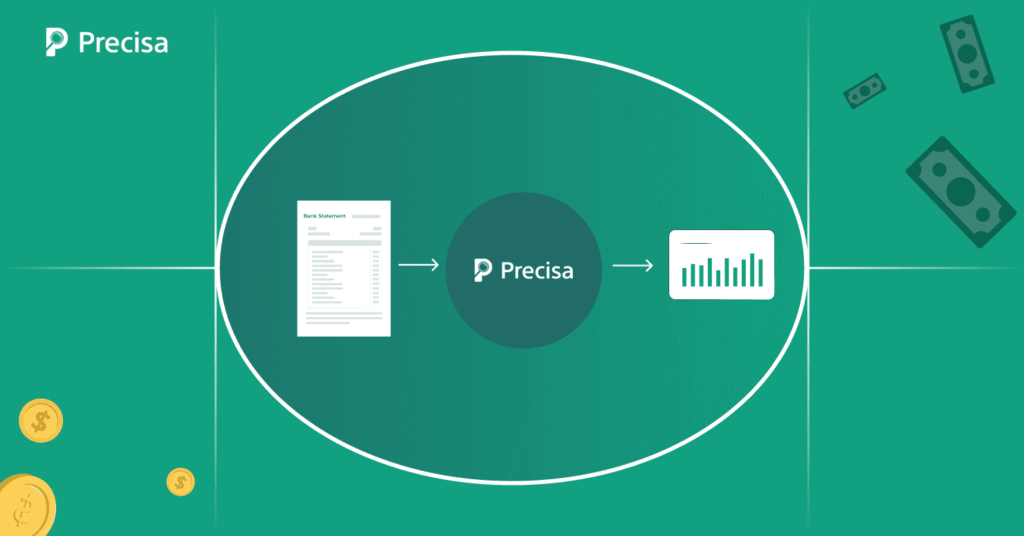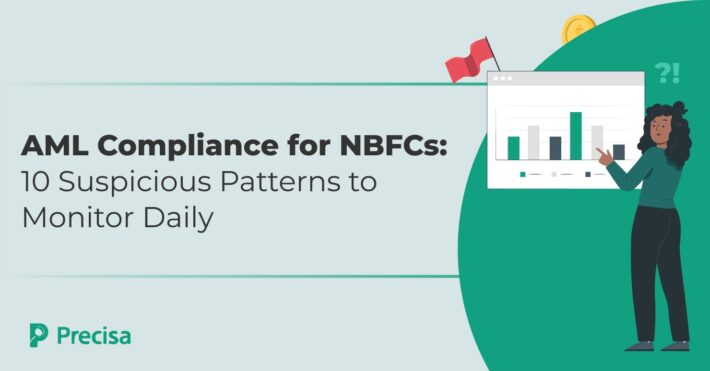Why DSA Ratings Drop: How Manual Due Diligence Costs You 10x More Cases?

Direct Selling Agents (DSAs) connect potential borrowers with the most suitable financial institutions and vice versa. As the number of borrowers grows, financial institutions are relying more on DSAs for loan distribution. However, as DSAs, you face stiff competition and numerous challenges; manual due diligence is one of them, which ultimately impacts DSA ratings.
DSAs often rely on manual risk assessment, personal relationships, and paper-heavy processes. Manual due diligence results in slow turnaround times, high error rates, low transparency, and poor communication.
Adopting automated, tech-driven tools for the due diligence process can help you improve customer experience and also improve DSA ratings. In this blog, we focus on how manual verification slows down DSAs and explore strategies that can help you overcome this challenge.
How Manual Due Diligence Leads to Low DSA Ratings?
DSAs focus on customer acquisition, documentation, and preliminary verification for loan applications. Gathering client documents, verifying applicant identity, and assessing credit history, when done manually, is time-consuming and slows down the onboarding process.
Apart from this, manual processing also leads to poor customer experience, which can result in lost clients and negatively impact DSA ratings. The key challenges DSAs face when they carry out manual verification and assessment are as follows:
Slow Turnaround Time
Collecting and verifying the authenticity of required documents is a critical responsibility of DSAs. Physical verification and sorting of documents can take hours, if not days. Additionally, manual processing also leads to fragmented compliance checks, resulting in further delays. Customers today are looking for instant loan approval and want fast loan processing. This can lead to customer dissatisfaction and a high drop-out rate.
Bank statements offer valuable insights into an applicant’s financial health; however, if you review them manually, especially for a business, it takes hours or days, slowing down the entire process.
Higher Incidence of Errors
Manual data entry of data from statements or other documents is prone to errors due to data entry mistakes or poor quality of scanned images. Any error can cause rejection or provide an inaccurate picture of the applicant, leading to a delay in loan processing, the need to resubmit the application, or poor loan decision-making.
Poor Credit Assessment
Manual due diligence is not only prone to errors but also leads to inaccurate credit assessments. As PAN validation, GST checks, credit bureau pulls, and fraud detection are done on separate portals, it can lead to delays and also increase the chances of oversight. Automated bank statement analysis can help identify several red-flag patterns, such as circular transactions and cash deposits on bank holidays, which can be missed during manual scrutiny, and lead to onboarding applicants prone to fraudulent activities.
Lack of Transparency and Trust
Manual verification systems lack real-time visibility into the loan application process, making it challenging to track the progress of a loan application or identify bottlenecks. Delays in loan processing and rejections without clear reasoning reduce trust between DSAs and applicants, and between DSAs and banks, too. This results in customer and DSA attrition for lenders who offer more efficient tools.
Higher Administrative Costs
Traditional due diligence methods require more man-hours, resulting in low productivity. Apart from that, time spent on dealing with rejections, resubmitting applications, or collecting documents again also adds to man-hours, costs, and decreases productivity. These hours are lost opportunities that could have been spent on growth-focused tasks, directly impacting your profitability and ability to scale.
How Technology Can Improve DSA Ratings and Cases by 10X?
Compounding inefficiencies of manual labour leads to delays and errors. Adopting technology can help you reduce due diligence time from 30 days to 30 minutes. Precisa offers tools that can help you streamline workflow, minimise errors, and improve DSA ratings.
Below, we discuss the key benefits automating financial due diligence offers:
Automation and Speed

Bank statement analysis tools automate the entire analysis and credit appraisal process, drastically reducing processing time from hours or even days to mere minutes or seconds. You can process a higher volume of applications without compromising on accuracy.
Verification checks with PAN, Aadhaar, GST databases, and credit bureaus run in parallel. The moment a lead is entered, all critical validations happen in the background, returning verified results instantly.
Improved Accuracy
Using Optical Character Recognition (OCR) and advanced algorithms, eliminates the chances of errors made during manual data entry and analysis. Reliable, high-quality data allows lenders to make more intelligent and consistent decisions. Precisa’s Account Aggregator integration enables real-time data fetching directly from banks with customer consent, reducing the chances of document tampering. processes
Aids Fraud Detection
Automation helps identify subtle signs of sophisticated fraud that human reviewers might miss. Precisa’s bank statement analyser verifies the authenticity of uploaded e-statements, detects tampering or money laundering attempts.
Deeper Credit Health Analysis
Manual due diligence relies on credit bureau scores to assess an applicant’s creditworthiness. Automation helps leverage AI models to analyse transaction patterns, and income stability for generating predictive risk profiles in seconds. DSAs can focus on quality leads and reduce default probability.
Precisa provides a 360-degree view of a borrower’s financial health through comprehensive analysis and a deeper credit health analysis. The Precisa Score is an AI-powered creditworthiness score that considers various behavioral signals and risk factors to predict repayment likelihood.
Seamless Regulatory Compliance
Manual checks increase the chances of missing an RBI guideline or a KYC update, resulting in compliance-related rejections or questions.
Automation of processes ensures that every activity, from data extraction to verification and scoring, is automatically logged and time-stamped, forming an audit-ready trail. This ensures continuous RBI and KYC compliance without extra manual intervention. Precisa equips DSAs with a ready-to-deploy toolkit for every phase, facilitating seamless transition from manual to fully optimised, insight-led operations.
Conclusion
As you are aware, every minute counts when processing loan applications. Each minute wasted can be spent meeting a new client or ensuring better service to already contacted clients, helping improve DSA ratings and customer satisfaction.
Embracing automation can boost ratings, revenue, and customer loyalty. Precisa offers a suite of AI-driven solutions that accelerate due diligence, improve accuracy, and reduce fraud. Automated analysis can help you reduce the processing time from 2 hours to 10 minutes.
Call us today to find out how we can help transform DSA Services with our solutions or try Precisa for free now.



